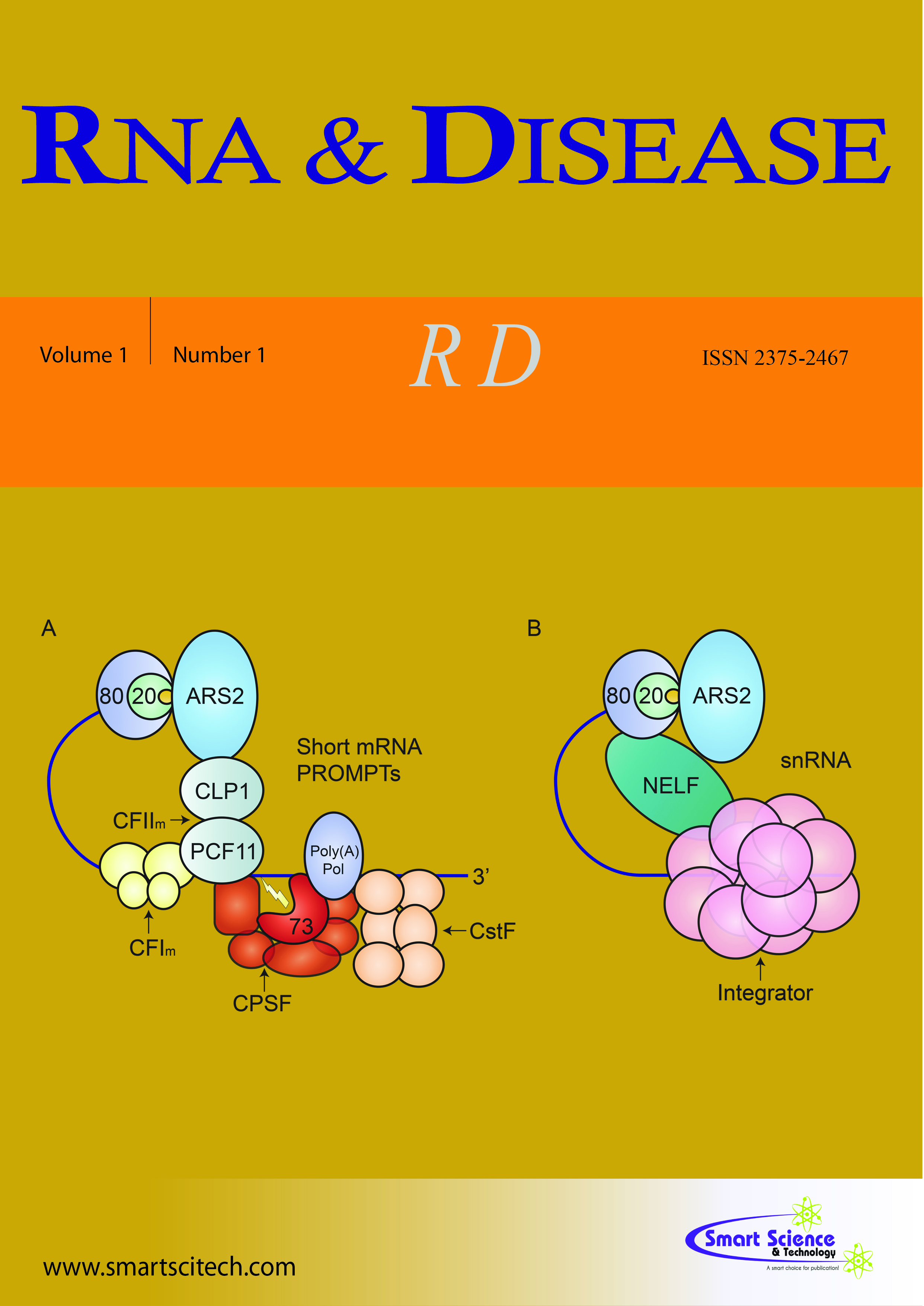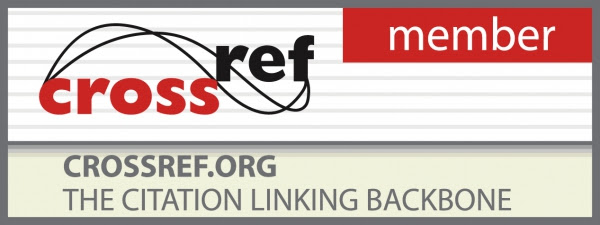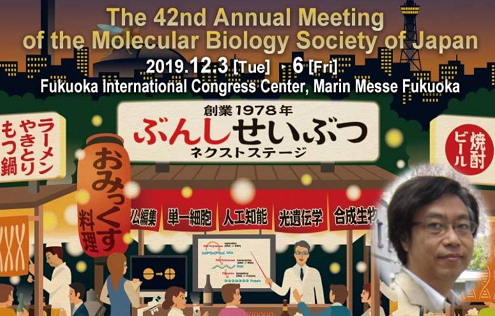Homologous recombination repair pathway alteration and its association with survival of breast cancer patients
DOI: 10.14800/rd.462
Abstract
Breast cancer is a highly heterogeneous neoplasm with different response to chemotherapy. In this study, we investigated if homologous recombination repair (HRR), one of the important pathways of DNA damage repair, could serve as biomarkers for breast cancer. Breast cancer patients were selected from the Cancer Genome Atlas (TCGA) database. Data of RNA-seq or mutation alteration of HRR pathway-related genes were extracted and analyzed. Correlations between HRR pathway mutation and clinicopathological features of breast cancer were analyzed using chi-square test. Based on the Kaplan-Meier method and log-rank test, survival analysis was done to identify the correlation between each HRR gene and survival rates. Using data retrieved from TCGA database, 1108 cases were identified of breast cancer with full data on RNA-seq and 986 cases with full data on mutation. We demonstrated that high expression of HRR gene RAD50, RAD51, RAD51C, RAD54L and XRCC2 were associated with favorable prognosis (Log-rank P=0.02686, 0.03734, 0.00664, 0.01147 and 0.01818, respectively). Moreover, mutation in the HRR pathway was present in 15.0% of cases. RIM1, PPP4R2, PPP4R4, RAD50 and RAD51D gene mutation were associated with unfavorable outcome (Log-rank P=0.0346, 0.0051, 0.0326, 0.0213 and 0.0007, respectively). The N stage and estrogen receptor (ER) status were significantly related to HRR pathway mutation (all factors P<0.05). Additionally, basal-like breast cancer subtype took up more percentage in HRR pathway mutation patients. Low expression or mutation in HRR pathway were associated with unfavorable prognosis in breast cancer. HRR pathway could serve as potential predictor, emphasizing the significance of more research on HRR pathway genes to facilitate more profound clinical implications in breast cancer molecular treatment.
DOI: 10.14800/rd.462












